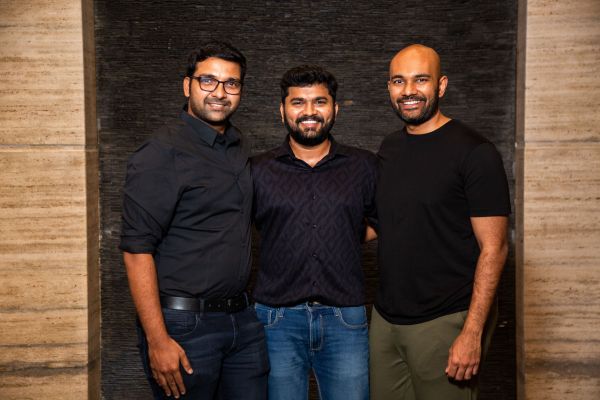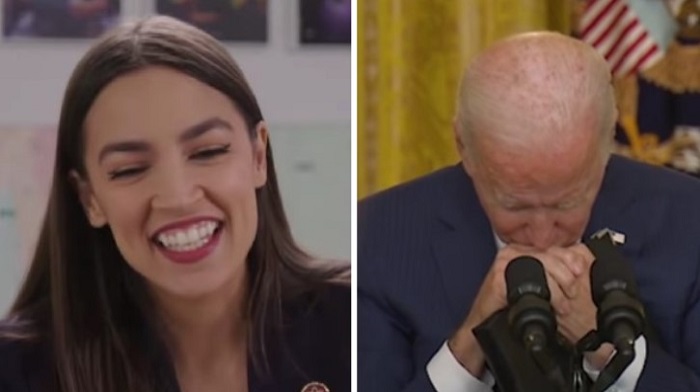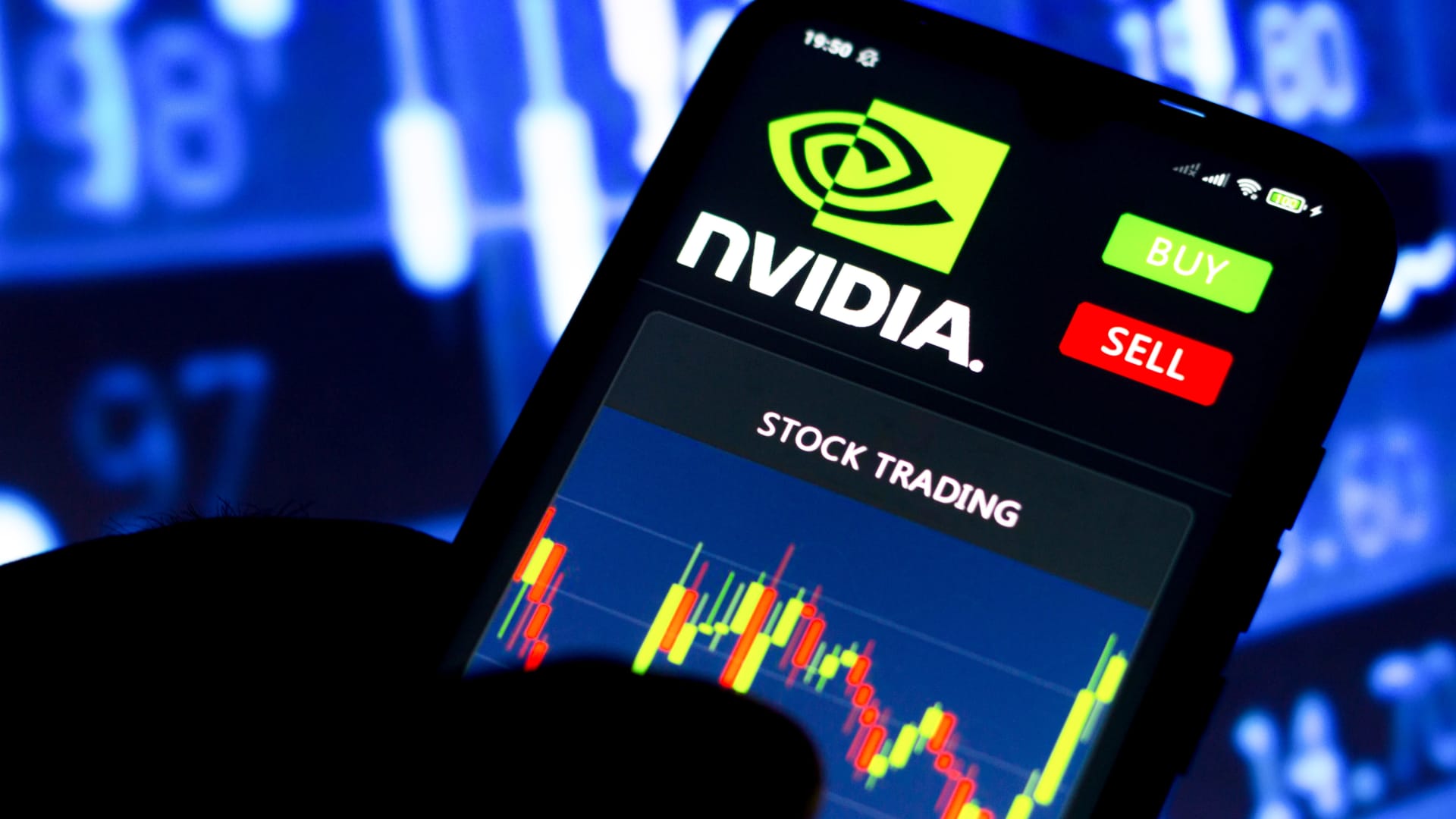Some of the most powerful, viscerally emotional films in recent months have been pleas for abortion rights, from the 1960s-set French drama Happening to the documentary The Janes, about an underground network of illegal abortion providers.
Cynthia Lowen takes the opposite approach in her coolly cerebral pro-choice documentary, Battleground, which journeys inside the anti-abortion movement in order to show reproductive rights advocates what they’re up against today. With the subjects’ willing participation, and without any voiceover to lead viewers’ opinions, the filmmakers unobtrusively go along to rallies, listen in on strategy sessions and interview leaders of top anti-abortion groups. The results are far from cheap and easy caricatures. Lowen (director of the documentaries Bully and Netizens, about online harassment of women) does not find rabid zealots, but sincere, media-savvy, well-organized women — presented respectfully throughout — who have been playing the long game for years and can see victory at hand.
Battleground
The Bottom Line
Clear-eyed, straightforward and a bit too quiet for its own good.
The documentary is timelier than ever, of course, with the Supreme Court’s expected ruling that would effectively reverse Roe v. Wade likely to arrive any day. And the film’s immersion into the anti-abortion movement — with a smattering of pro-choice voices woven in — is consistently fascinating. But Lowen’s measured approach also raises a question: How loud does a warning cry have to be to register? Eye-opening though it is, at times Battleground is muted to a fault.
Lowen’s director’s statement makes it clear that she means the film to be a call to action, wondering: “How have we arrived at the end of Roe, when 7 in 10 Americans support access to abortion?” and saying that the filmmaking team is “unwilling to accept an America where women’s lives are gambled with for political gain…That means shifting culture, engaging the next generation with the same vigor as the anti-abortion movement is.” The film takes a long time to arrive at that same conclusion. Even though it ends with text that urges “Get Organized,” Battleground is never quite forceful or contextualized enough to match Lowen’s stated goals.
The documentary’s focus on political strategy, though, is savvy and informative. That emphasis is signaled at the start, with audio of a meeting Donald Trump and his advisor Steve Bannon had with Christian right leaders 40 days before the 2016 election. Bannon says the election will be won or lost for Trump depending on Evangelical and Catholic turnout.
From there, the documentary moves chronologically through the year 2020, starting in January when a bus arrives in Washington, D.C., for the March for Life, where a typical sign in the crowd says “Abortion is a Sacrifice to Satan.” The unexpected marchers getting off that bus are college-age women, members of the national organization Students for Life of America. In interviews, the students are more passionate and enthusiastic than thoughtful, but they do speak to one of the film’s key points: that the anti-abortion movement is wider than the media usually portrays it. “Are we a bunch of old white men?” one young women asks.
The group’s president and founder, Kristan Hawkins, is one of the two most visible women in the film. In a speech at the National Pro-Life Summit, she says her team is always asking “How quickly can we mobilize to get students to skip class to lobby state houses?” She is a lively, persuasive speaker, planning for “a post-Roe world,” she says, with adoption and help for mothers among the group’s priorities.
The film’s other major figure is Marjorie Dannenfelser, president of the Susan B. Anthony List, a group that helps elect legislators who will in turn vote for anti-abortion judges, creating what she calls “a revolution in the courts.” Dannenfelser acknowledges that Trump was the last candidate she wanted in 2016 — but when he got the Republican nomination, her group supported him because of his promise to appoint anti-abortion Supreme Court justices. In one revealing scene, then-Senate Majority Leader Mitch McConnell speaks to the group, boasting about the way his power was “on display when I decided not to fill the Scalia vacancy.”
All this is illuminating, but could have used more context. Hawkins says her organization has chapters on 1,200 college campuses and is present in all 50 states, but how big are those chapters and how do they compare to other groups?
The third woman the film focuses on is especially hard to gauge. Terrisa Bukovinac, the founder and executive director of the group Pro-Life San Francisco, is a self-proclaimed Democrat who believes in gender equality in pay and civil rights, but opposes abortion. Battleground gives no clue about how much of an outlier she might be.
A half hour into the film, the first pro-choice voice is heard, when a woman who became pregnant as a result of rape and had an abortion speaks to a Planned Parenthood election forum. Later, the documentary follows a Texas woman who flies to Colorado during the worst of the COVID pandemic because her state’s shifting laws make it impossible to get an abortion closer to home. There are a few comments from pro-choice leaders from Planned Parenthood and the Center for Reproductive Rights, although the left actually gets no more context here than the right.
By the time the documentary arrives at September 2020 and the death of Justice Ruth Bader Ginsburg, though, its methodical approach does achieve some cumulative power. The anti-abortion figures on camera feel certain of victory in the Supreme Court, while pro-choice viewers will likely feel the weight of inevitability.
But the most telling piece of information comes after that. Dannenfelser, speaking about her post-Roe strategy, says her group is already mobilizing in Arizona and other key battlegrounds so that if or when abortion rights revert to states, elected officials will be in place to ensure that the procedure will be illegal. In its quiet, uninflected way, Battleground delivers valuable insights, leaving it to viewers to assess and take some action or not.



























































